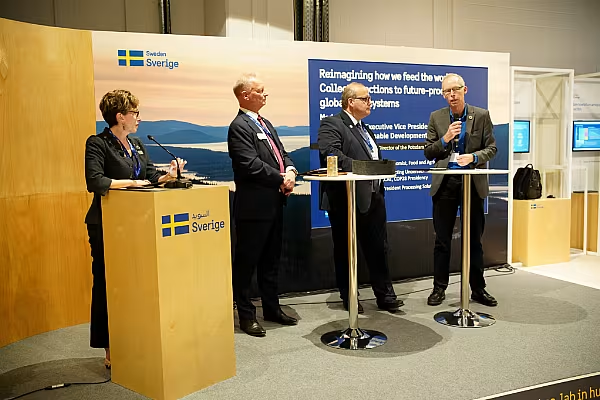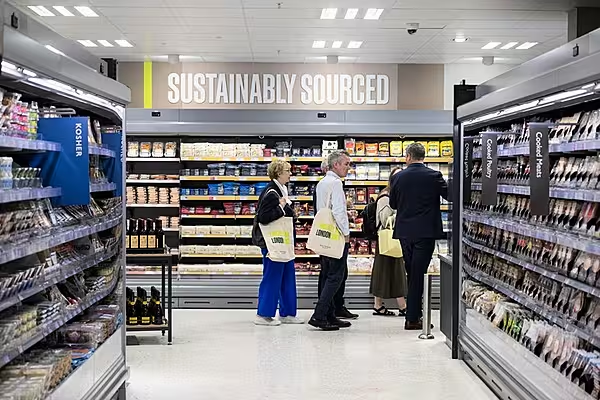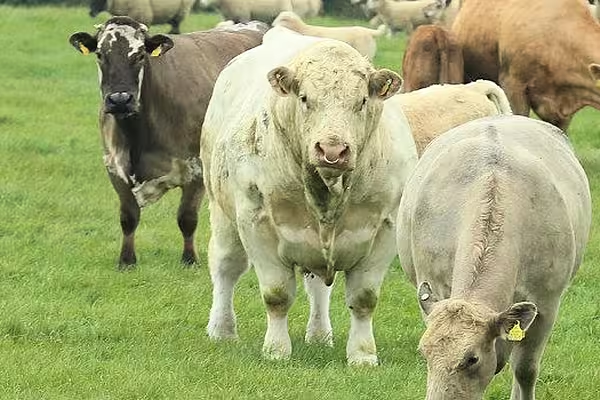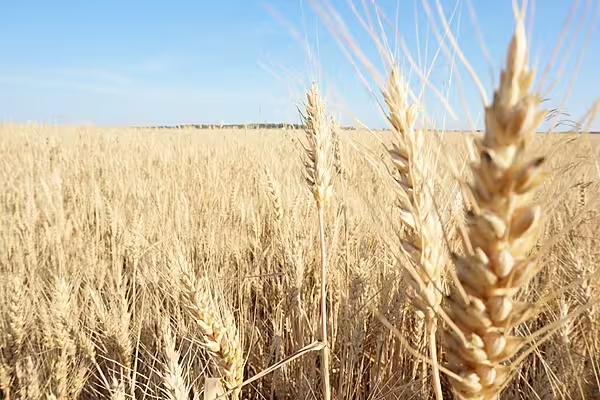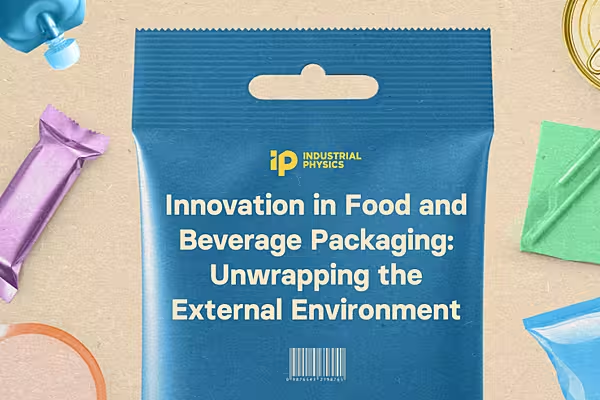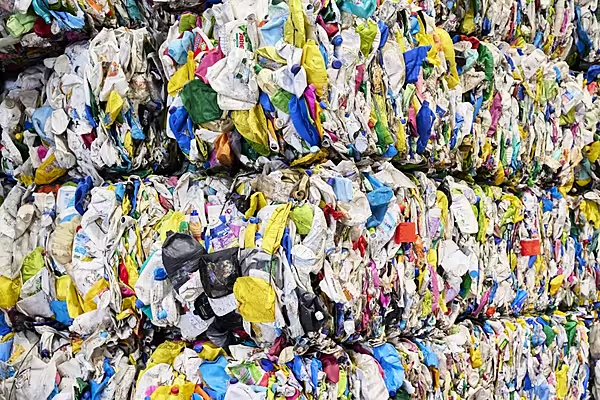The development of a more sustainable dairy industry, the adoption of alternative proteins, and the implementation of technologies to reduce food waste during production are all 'critical' factors in accelerating food systems transformation, Tetra Pak has said.
The packaging firm has announced the launch of an 'integrated approach to drive the transition to more secure, sustainable and resilient food systems', building on its role in the Global Dairy Processing Task Force, part of the ‘Pathways to Dairy Net Zero’ climate initiative.
It has identified what it says are 'four key pathways' to accelerate food systems transformation, as well as putting in place roadmaps and measurable targets for each of these pathways, in line with proposals established by the Food and Land Use Coalition.
'Transforming Food Systems'
"Transforming food systems is crucial for a viable future," commented Charles Brand, executive vice president for processing solutions and equipment, Tetra Pak. "Today, these systems are inefficient and unsustainable, responsible for over one third of GHG emissions, while one third of food produced is lost or wasted.
"Food systems are also failing people, with 9% of the world's population going hungry and 30% experiencing malnutrition. In addition, food value chains are driving deforestation and biodiversity loss, and are estimated to be the second most critical avenue to addressing climate change, behind energy."
The four pathways identified by the company include:
- Enabling the transition towards more sustainable dairy, 'by addressing the environmental impact of dairy processing while supporting smallholder farmers’ productivity, profitability and livelihoods', Tetra Pak said.
- Innovating for new food sources, 'such as diversifying with alternative proteins, to complement dairy and other animal protein sources'.
- Reducing food loss and waste, by developing food processing technologies that 'help reduce food waste during production, including new solutions to turn low-value side streams that would otherwise go wasted into value-added products'. It added that asceptic packaging solutions can play a 'fundamental' role here, by extending the shelf life of perishable foods.
- Scaling access to safe nutrition through sustainable food packaging, 'by designing and deploying sustainable food packaging solutions that preserve food quality and improve access to safe food'.
White Paper Published
The announcement aligns with Tetra Pak's release of a white paper, developed in partnership with EY Parthenon. The white paper delves into the essential food system criteria necessary for the sustainable well-being of both humanity and the planet, with a focus on the year 2040.
Pictured are Diane Holdorf, EVP at WBCSD, Charles Brand, EVP processing solutions & equipment, Tetra Pak, Máximo Torero, chief economist at FAO and Johan Rockström, director of the Potsdam Institute for Climate Impact Research.
